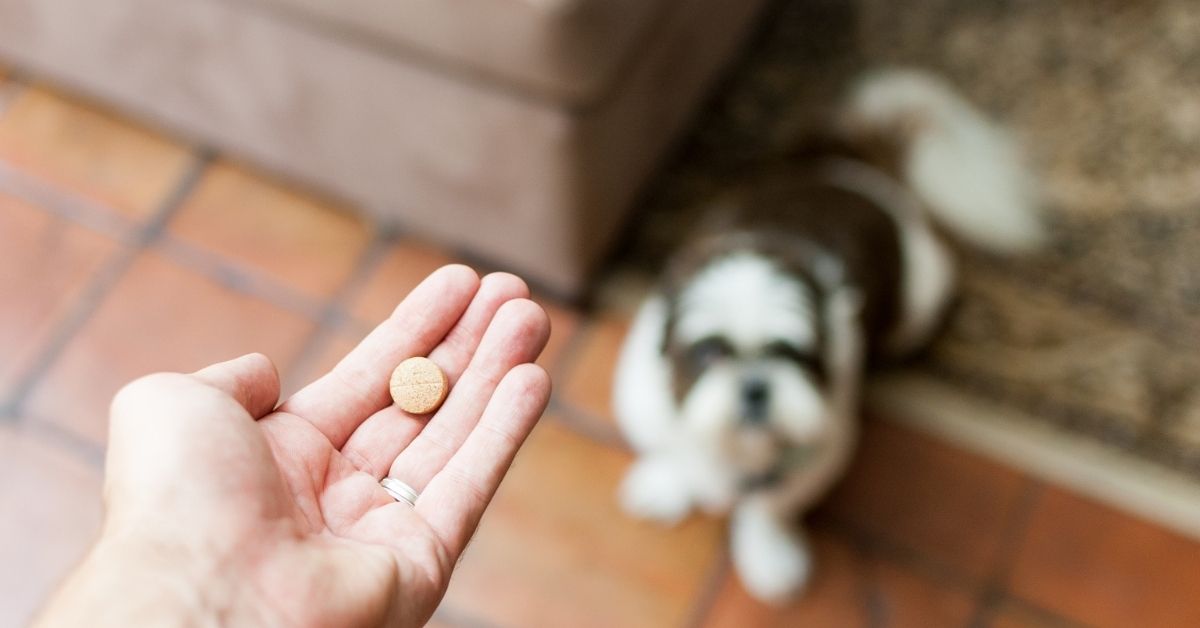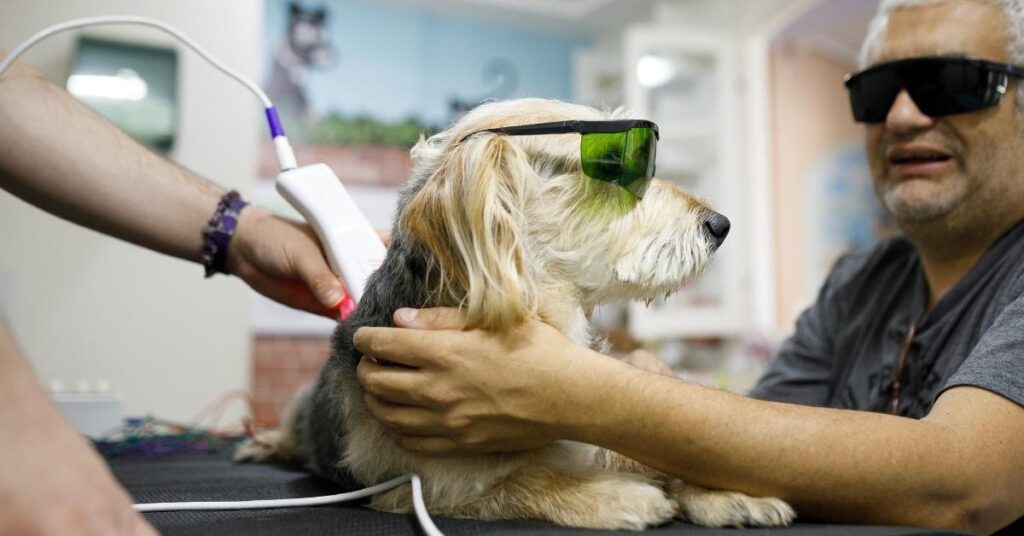Now Reading: Are There Any Side effects of Anxiety pills for dogs
- 01
Are There Any Side effects of Anxiety pills for dogs

Are There Any Side effects of Anxiety pills for dogs
Let’s Talk About Your Pup’s Anxiety Treatment
If you’re thinking of using anxiety pills for dogs, you might already know how comforting they can be. But do you know what side effects to look for? Let’s explore what’s safe, what’s not, and how to help your fur baby feel better—safely and lovingly.

1. How Anxiety Pill Treatment Works
Your vet may prescribe anxiety pills for dogs like fluoxetine or clomipramine. These help regulate brain chemicals. They ease fears, separation issues, and even noise phobias. Sometimes, they’re paired with behavior therapy. It’s about giving your dog a calmer mind.
2. Common Side Effects You Might See
Even good solutions can carry side effects. Keep an eye out for:
- Diarrhea or upset stomach
- Changes in appetite—eating more or less
- Sleepiness or reduced energy
- Slight shaking or restlessness
- Dry mouth, increased drinking
These are usually mild and fade in a week or two. If they don’t, talk to your vet.
3. Serious Side Effects That Need Attention
Some symptoms are more concerning:
- Vomiting, diarrhea that lasts more than a day
- Extreme sleepiness or odd drowsiness
- Weak coordination, wobbling, or stumbling
- Seizures or racing heartbeat
- Strange behaviors—aggression or confusion
These require immediate vet attention. Tell them you’re giving anxiety medicine for dog—no delays.
4. Who Shouldn’t Take Anxiety Pills
Not every dog can safely take anxiety meds. Talk to your vet if your dog has:
- Liver or kidney disease
- Heart problems
- Epilepsy or seizure history
- Is pregnant or nursing
Your vet will weigh risks and benefits—and may suggest alternatives like relaxation supplements, training, or behavior therapy instead of dog anxiety meds.

5. How to Keep Your Dog Safe on Anxiety Pills
Here’s what helps keep anxiety treatment on track:
- Stick to your vet’s dose and schedule
- Never stop suddenly—lower dosage slowly
- Combine with behavior games or crate training
- Keep track of mood, sleep, and appetite changes
If you spot side effects, take notes. This helps track what’s working—or what needs adjusting.
6. What if Pills Aren’t an Option?
Good news: Not all support is through pills. Consider:
- Behavior training to change reactions
- Calming wraps or shirts
- Natural supplements (CBD, L-theanine) approved by a vet
- Regular exercise and predictable routines
Often, a mix of tools and training works just as well as meds—without the risk of side effects.
7. Signs the Medication Is Helping
Watch for key improvements:
- Fewer hiding, shaking, or barking episodes
- Eating normally again
- Sleeping and playing like they used to
- Completing small goals—like walking past a scary noise
Reward these wins! Positive reinforcement goes a long way.
8. Vet Talk: Asking the Right Questions
Before starting any medication, ask:
- What is this anxiety medicine for dogs?
- What’s the goal—and expected timeline?
- Which side effects are okay, and which aren’t?
- How long will we use it?
A smart vet will give you clear answers and ongoing check-ins.
9. Real Stories: When Awareness Made the Difference
- “Our rescue pup trembled during fireworks. With fluoxetine and daily walks, he relaxed in two weeks. We checked for mild digestive upset but he adjusted well.”
- “After switching from a generic pill to a calming wrap plus training, our adorably anxious terrier found calm without drugs.”
Both paths are valid—with awareness and care, most dogs find relief.
You May Also Like: My Dog Ate Chocolate But Is Acting Fine: What’s Next?
10. Teamwork = Pawsitive Outcomes
When you use anxiety meds for dogs chances are much better with help from everyone:
— Vet to advise
— You to follow routines
— Trainer to reinforce behavior
— Family to support calm activities
This team approach keeps your dog safe, happy, and loved.

Quick Recap
- Anxiety pills for dogs help, but can cause mild side effects.
- Watch for more serious signs—coma, shaking, vomiting.
- Talk to your vet. Tailor dosage and combine with behavior therapy.
- Alternatives exist: training, supplements, calming tools.
Final Word
Medication isn’t a magic fix—but it can be a powerful tool when used right. With careful vet supervision, monitoring, and teamwork, anxiety pills for dogs bring calm, clarity, and a happier life.
Ready to talk more? Reach out to your vet and trainer. Your pup deserves comfort—with safety and love leading the way.
FAQs
Yes—you should never stop abruptly. Vets recommend tapering down dosage over weeks to avoid mood shifts.
Yes, some dogs gain weight due to higher appetite. Increase exercise or ask your vet for diet guidance.
Most medications show results in 4–6 weeks. Full effect may take 8–10 weeks.
Puppy use depends on age and vet approval. Usually vets wait until the dog is at least six months old.













